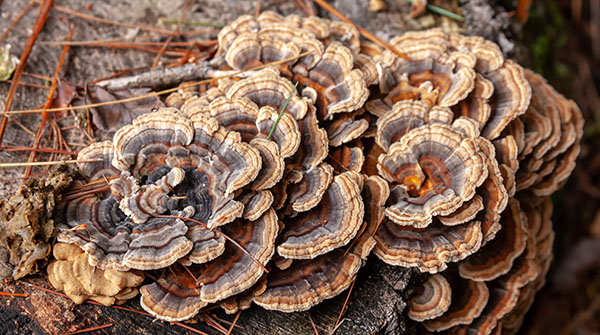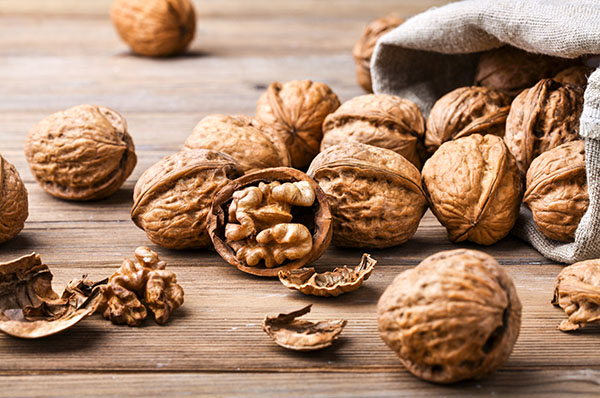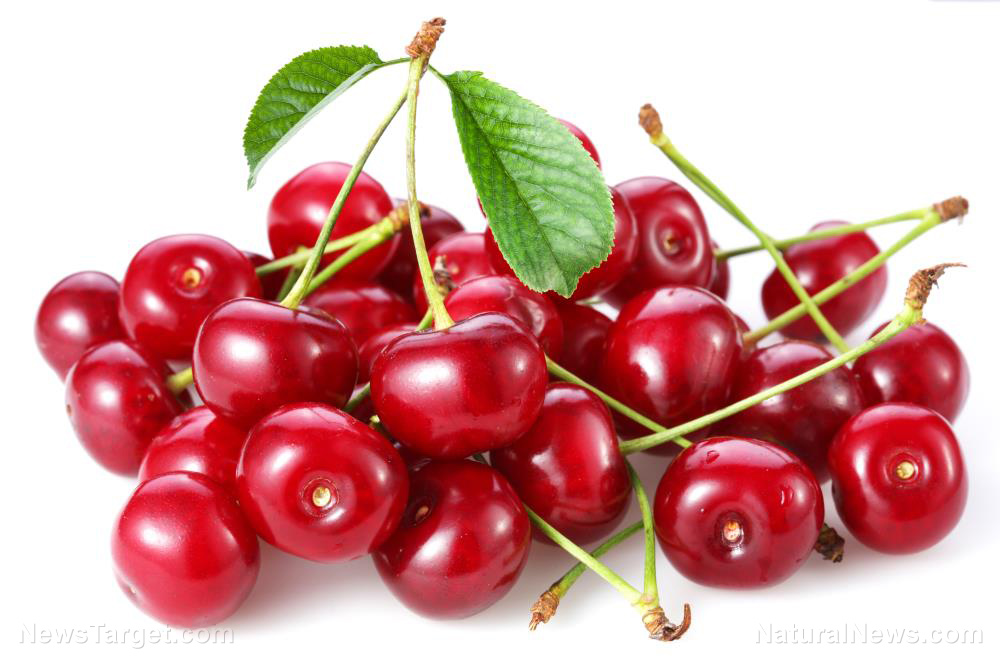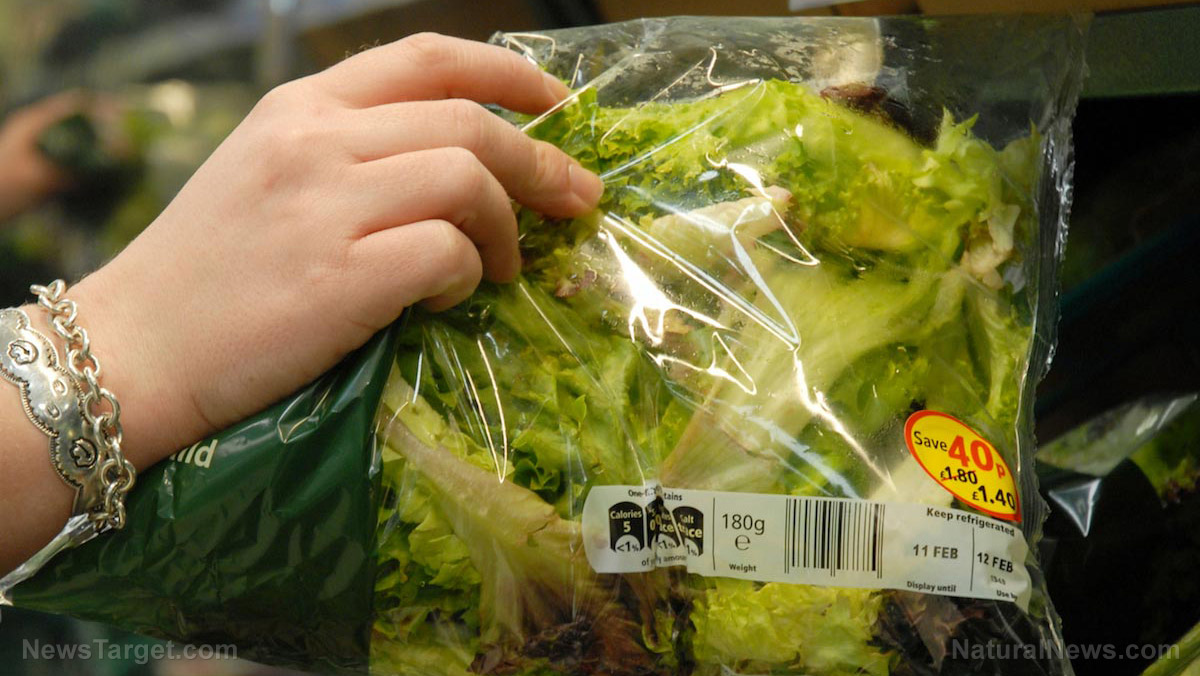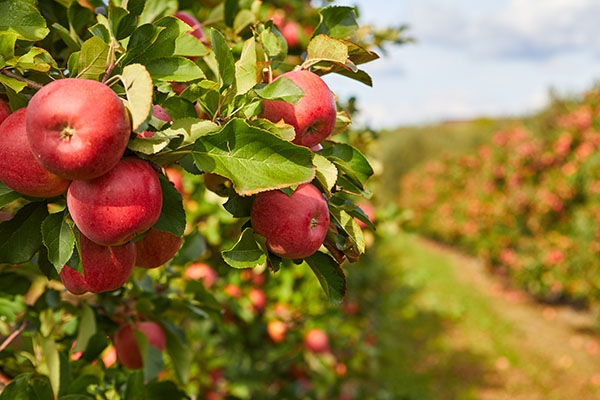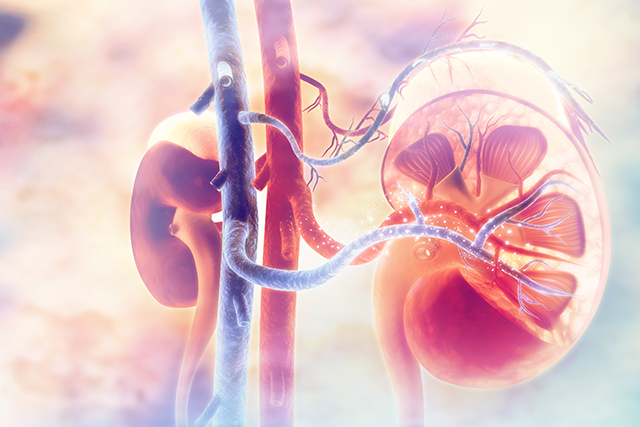Study: Bitter melon shows promising results in fighting 6 CANCERS commonly found in women
07/26/2023 / By Ramon Tomey

Bitter melon (Momordica charantia) takes its name from its bitter taste and rough skin that resembles that of melons. It is also known by other names including bitter gourd, karela and balsam pear. This member of the pumpkin family has its origins in South America, Asia, the Caribbean and parts of Africa.
M. charantia is often consumed as a nutritious vegetable due to its high antioxidant content and potent anti-inflammatory properties. Aside from this, it is also a vital herbal remedy in Traditional Chinese Medicine. In fact, legendary Chinese physician and pharmacologist Li Shizhen included bitter melon’s therapeutic potential in his renowned “Compendium of Materia Medica.”
Li’s attestations to the medicinal properties of bitter melon are backed up by a modern-day study. The comprehensive review published in the International Journal of Molecular Sciences found that M. charantia shows promising results in fighting six cancers commonly found in women – breast, ovarian, cervical, uterine, vaginal and vulvar cancer.
The paper done by researchers from the University of Athens and the University of the Aegean highlighted the promising qualities of bitter melon when it comes to cancer cells. In particular, they noted how it inhibits the multiplication of cancer cells and triggers apoptosis (cell death) in malignant cells. (Related: Bitter melon can stop cancer cells from growing and spreading.)
Moreover, they noted its “potential synergistic effects with standard chemotherapy” leading them to conclude: “Bitter melon seems to represent a promising natural agent which, alone or in combination with standard chemoradiotherapy, may help prevent and treat breast, ovarian, and cervical cancer.”
“Bitter melon extract and its active ingredients have been extensively studied in diverse cell line-based and animal models. [It has also been] reported to exhibit promising effects on the chemoprevention and therapy of skin, brain, oral, lung, liver, colon, stomach, blood, prostate, renal and pancreatic cancers.”
Bitter melon also addresses BLOOD SUGAR issues
Meanwhile, a separate study done by researchers in China scrutinized how bitter melon-derived vesicle extract (BMVE) – extracted from the juice of M. charantia – can fight breast cancer. They noted that BMVE’s average size of about 147 nanometers was able to enter breast cancer cells and slow down their growth and movement.
This positive result was seen in both MC7 and 4T1 breast cancer cells cultured in the laboratory. Similar results were also found in laboratory mice injected with 4T1 breast cancer cells, with mice injected with BMVE showing significant reductions in tumor volume and weight. Further analysis revealed that BMVE-injected mice had experienced “dramatic tumor apoptosis and necrosis.”
“As a potential natural nanomedicine for cancer treatment, BMVE exhibits a robust anti-tumor effect on breast cancer cells, in vitro and in vivo, without obvious side effects,” the authors of the second study concluded. “BMVE is anticipated to play a more significant role in tumor therapy.”
Bitter melon doesn’t just target cancer cells, it also addresses high blood sugar levels. M. charantia is packed with phytochemicals that make it a bitter-tasting yet ideal superfood against diabetes. According to studies, it increases the cellular uptake of glucose, improves glucose tolerance and stimulates insulin secretion.
Bitter melon contains at least three active plant compounds with anti-diabetic properties. One such compound is charantin, which has been confirmed to lower blood glucose levels. Another compound in bitter melon called polypeptide-p shares qualities with the hormone insulin, which diabetics cannot produce sufficient amounts of.
Moreover, bitter melon contains lectin – a protein that binds to carbohydrates – that reduces blood glucose concentration by suppressing appetite. The protein’s action mirrors how insulin affects the brain. Given this effect, this lectin is thought to be a major factor behind the hypoglycemic effects that follow the consumption of bitter melon.
M. charantia also helps the enzyme 5′ AMP-activated protein kinase (AMPK), which regulates metabolism and enables glucose uptake, mimicking the beneficial effects of exercise. AMPK activation also plays an instrumental role in bitter melon’s anticancer properties.
Head over to Veggie.news for more stories about bitter melon.
Watch this video about four superfoods for home gardens, bitter melon included.
This video is from the Food Forest Abundance channel on Brighteon.com.
More related stories:
Bitter melon can lower blood sugar levels and even prevent cancer.
Bitter melon stops breast cancer cells from growing and spreading.
Bitter melon juice may hold the key to prevent and treat pancreatic cancer.
Researchers identify compound in bitter melon that can lower blood sugar effectively.
Sources include:
Submit a correction >>
Tagged Under:
This article may contain statements that reflect the opinion of the author
RECENT NEWS & ARTICLES
COPYRIGHT © 2017 SUPERFOODS NEWS






